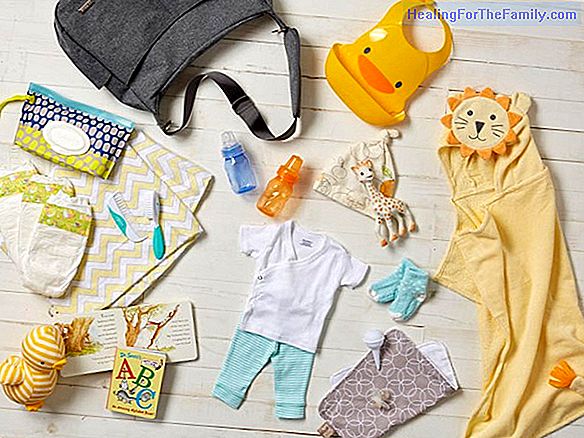How to help children prepare an oral exam
Since they are young children at school are taught to do written exams and, when it is time to do an oral exam, or to make a presentation in front of them of the class, in spite of being in front of their teacher of always, the same companions and being a shorter test, the anxiety and the nervousnes
Since they are young children at school are taught to do written exams and, when it is time to do an oral exam, or to make a presentation in front of them of the class, in spite of being in front of their teacher of always, the same companions and being a shorter test, the anxiety and the nervousness take over them. It is clear that something fails at this point.
To do a written exam you have a certain time, as in the oral, but you do not have the same pressure because you can reflect before writing. The fact that the teacher is waiting for an immediate response and that the classmates are giving them their full attention makes the children nervous because they do not practice oral exams and in front of the whole class. How can we help children prepare for an oral exam?
- The first thing is to convey the idea that it is one more exam, if you have it well learned, there is nothing to worry about. Also as a rule

oral exams last less time .-
Carrying a well prepared exam will give you security. In case of blocking or not knowing how to answer any specific question, they will be able to relate and argue with other knowledge they have acquired.- Make an
ordered summary of the lesson can help them a lot when it comes to doing any exam. - I think
talking loudly and listening when studying can be very positive because it will help them to realize if they "get stuck" in any part of the lesson. They can rehearse in front of brothers or friends. -
Change words that may be more complicated for others that they understand will help them to take the exam, because they will no doubt remember the lesson better and take it better.- Make children see that the oral test is done in front of their teacher and their classmates and therefore,
they should not be uneasy . What do you think if your partner is the one doing the exam? Surely, nothing. Developing empathy will help them see that giving the lesson up is natural and, therefore, they do not have to get nervous or feel anxious.- Removing negative thoughts from your head is a good idea
Why not think that everything will turn out very well? In addition, in an oral examination, the teacher can help creating a climate of trust by asking and guiding the children and causing them to lead a cordial conversation, provided that they rectify and reason their answers.
Ready to take your oral exam?












